Administrative transformation, the foundation for economic growth
In the first 6 months of 2025, Ho Chi Minh City recorded a GRDP increase of 7.4%, with the service sector increasing by 8.58%, accounting for 66.3% of the economic structure. Budget revenue reached 415 billion VND (60% of the plan), public investment disbursement reached 46,800 billion VND (32.1% of the plan). This result reflects the central role of enterprises, while laying the foundation for administrative innovations, helping Ho Chi Minh City expand its economic space and improve its competitiveness.
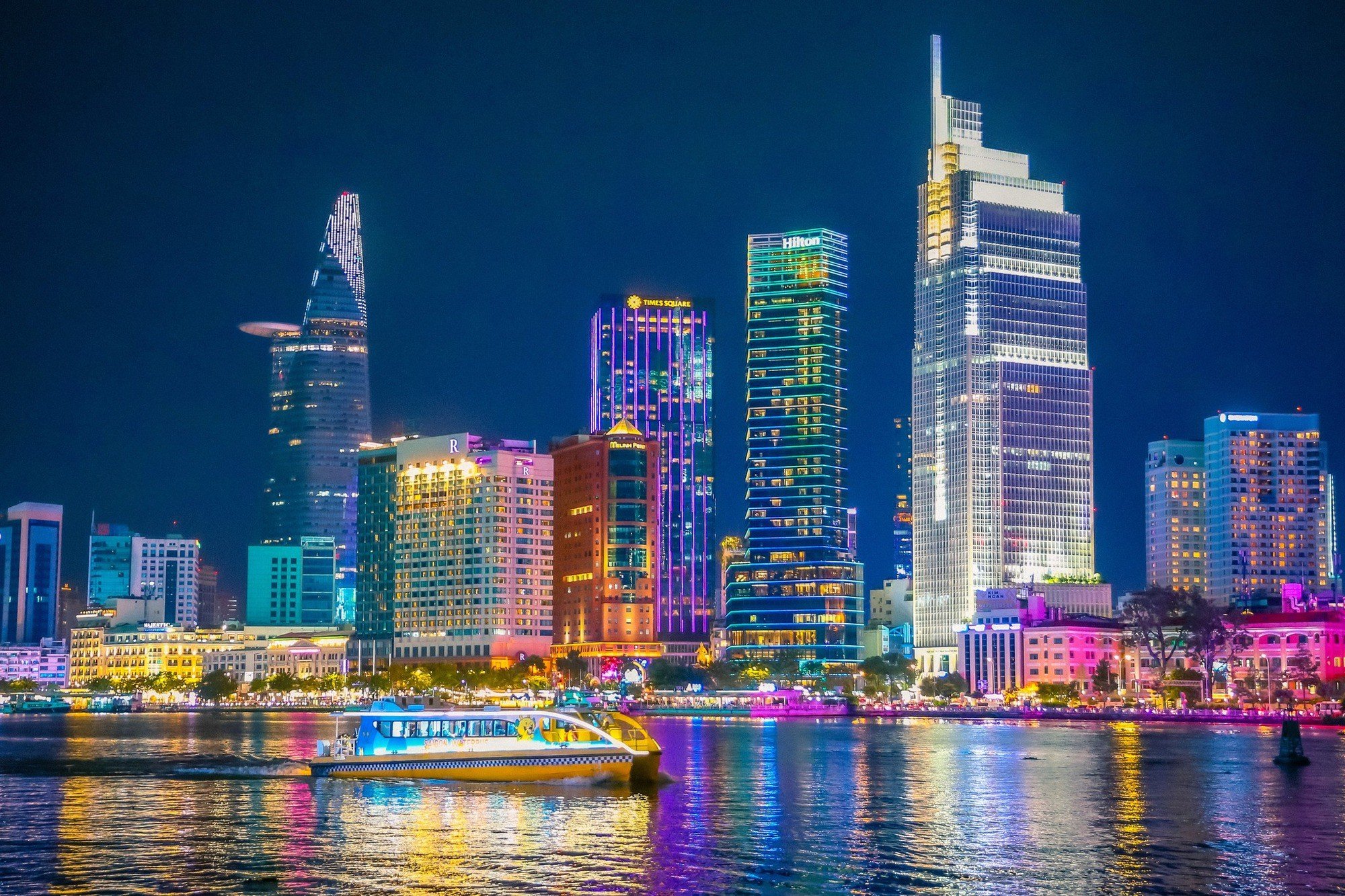 |
| Illustration photo. (Source: Internet) |
Currently, the two-tier urban government model shortens administrative processes, increases decentralization, and helps businesses reduce transaction costs. Administrative mergers with Binh Duong and Ba Ria - Vung Tau create a linked economic zone, optimize logistics, and attract FDI investment into industrial parks.
Mr. Nguyen Ngoc Hoa, Chairman of the Ho Chi Minh City Business Association (HUBA), shared: "We are actively monitoring mechanisms and policies to adjust operations appropriately, while taking advantage of the transition period to boost exports."
Administrative mergers open up great potential, promoting export growth from the inter-regional economic space, especially in logistics and manufacturing. However, Mr. Hoa suggested that the Department of Finance should soon advise Ho Chi Minh City to establish a new working group to help businesses that have been assessed as eligible for loans to boldly disburse.
At the same time, the city needs to expand support policies, such as investment stimulus programs, for businesses in Binh Duong and Ba Ria - Vung Tau to promote inter-regional investment.
Mr. Hoa also proposed allowing the use of old addresses on packaging and documents until the end of 2025 to ensure continuity in trade.
Global integration orientation
The new administrative model not only expands economic space but also creates conditions for Ho Chi Minh City to issue policies to support businesses in responding to green economic trends. As major markets such as the EU and the US impose strict requirements such as carbon taxes (based on production emissions) and ESG standards (assessing environmental, social, and governance sustainability), Ho Chi Minh City businesses must transform to maintain their competitive advantage.
According to Mr. Hoa, the merger of the three provinces opens up a wider development space, with more diverse numbers and fields of operation. However, businesses need the support of authorities to separate transit goods and pure Vietnamese goods, to avoid high taxes from the United States. This is especially important when the United States increases inspection of the origin of goods to prevent tax evasion, requiring businesses to make their supply chains transparent.
The textile and garment industry, a pillar of exports, is also facing similar pressure. Mr. Pham Van Viet - Chairman of the Board of Directors of Viet Thang Jean Company Limited (Vitajeans) shared that the Vietnamese textile and garment industry has the opportunity to participate more deeply in the global supply chain thanks to a more evenly applied tax policy.
Previously, Vietnam was subject to high export taxes (10 - 15.2%), while some competing countries such as Mexico or EU countries enjoyed 0% or lower taxes. The current application of a tax rate of about 20% creates more equal competition between countries.
“However, the Vietnamese textile and garment industry still faces major challenges in traceability and meeting strict export standards. Currently, businesses are still confused about calculating origin and proactively localizing raw materials to meet international standards,” said Mr. Viet.
This challenge requires investment in technology and localization of raw materials, while the EU carbon tax could increase costs if businesses do not make the transition in time.
Currently, HUBA is also supporting businesses through workshops to build a transparent traceability system and promote green economy with the Green Business Association (Decision 1474/QD-UBND, April 16, 2025).
Mr. Hoa suggested: “Ho Chi Minh City should soon issue a resolution to support interest rates for businesses investing in electric vehicles and charging stations, in line with the green transition plan.” These policies help businesses reduce cost pressure, meet international standards, and expand the market.
| The combination of a new administrative model and a green economic strategy positions Ho Chi Minh City as a smart, sustainable economic center. With HUBA's support, businesses are ready to turn challenges into opportunities, aiming for double-digit growth in 2025. |
According to Financial Times
https://thoibaotaichinhvietnam.vn/doanh-nghiep-tpho-chi-minh-thich-ung-trong-boi-canh-chuyen-doi-hanh-chinh-va-kinh-te-xanh-180486.html
Source: https://thoidai.com.vn/doanh-nghiep-tpho-chi-minh-thich-ung-trong-boi-canh-chuyen-doi-hanh-chinh-va-kinh-te-xanh-215034.html






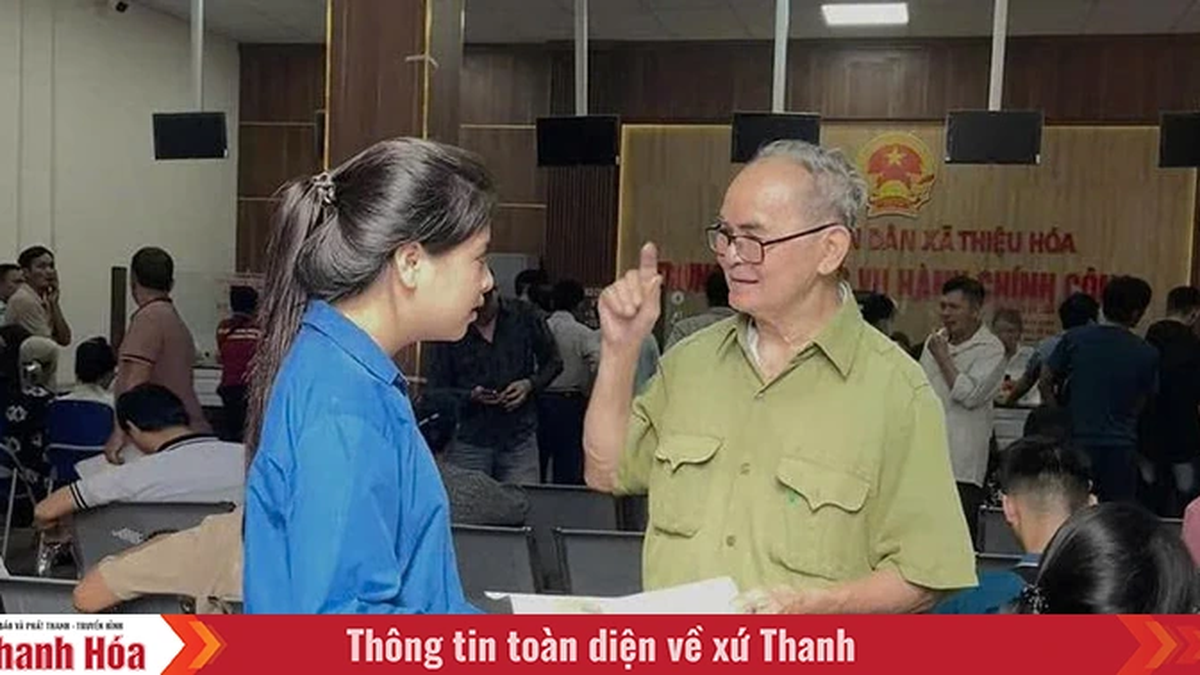

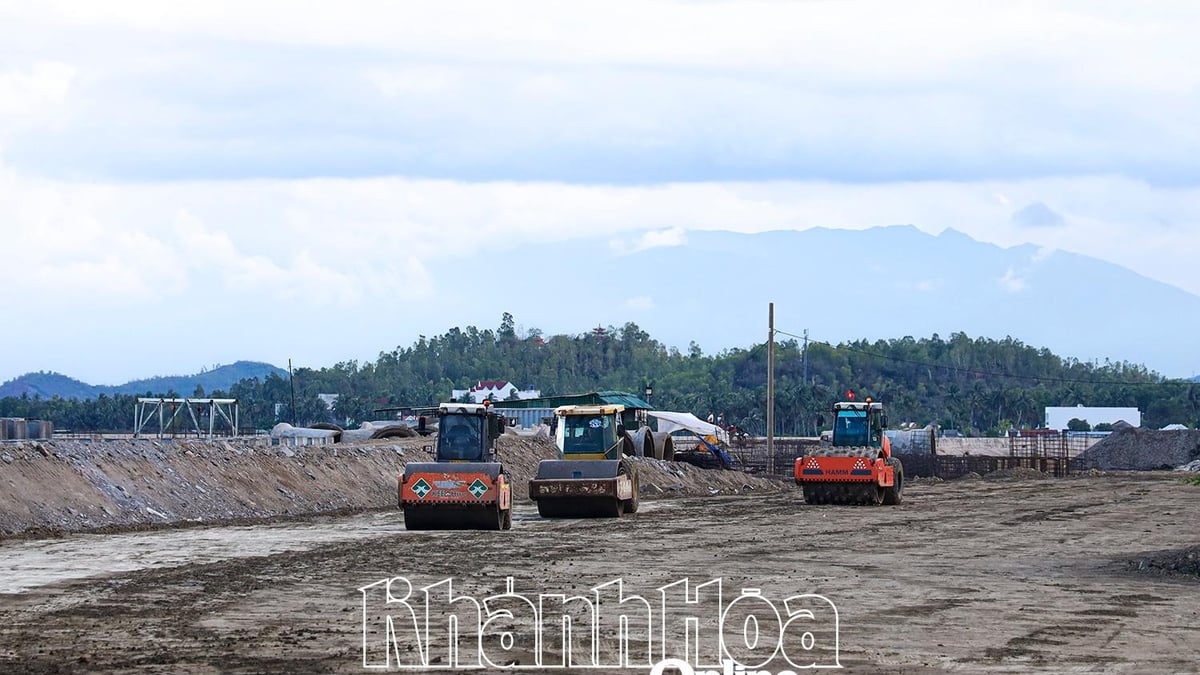
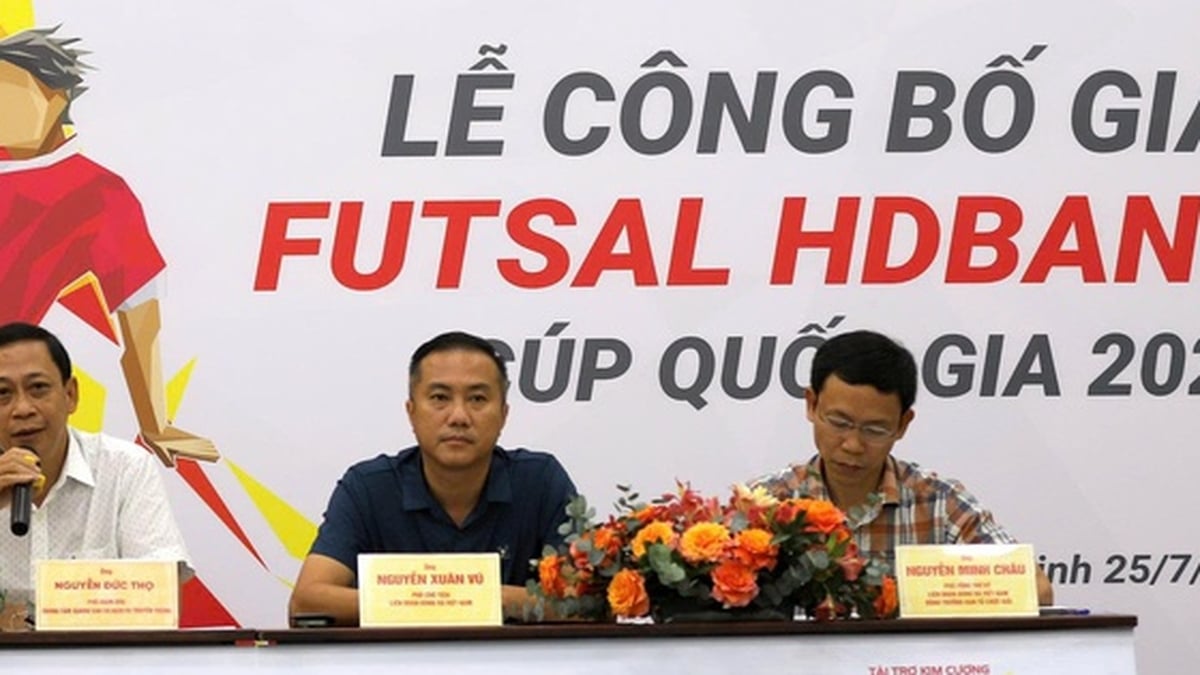














![[Photo] Signing of cooperation between ministries, branches and localities of Vietnam and Senegal](https://vphoto.vietnam.vn/thumb/1200x675/vietnam/resource/IMAGE/2025/7/24/6147c654b0ae4f2793188e982e272651)















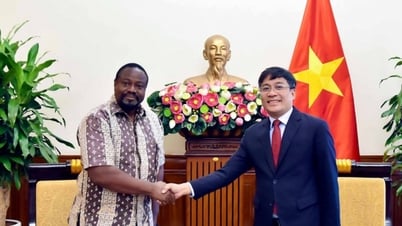
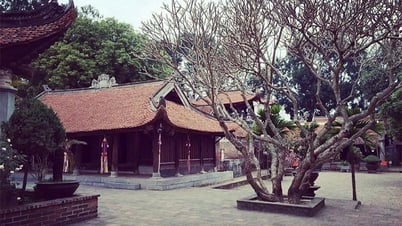






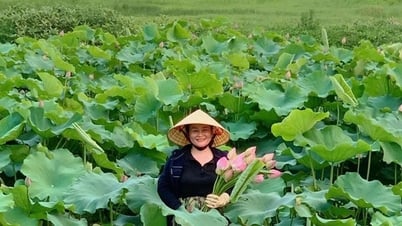

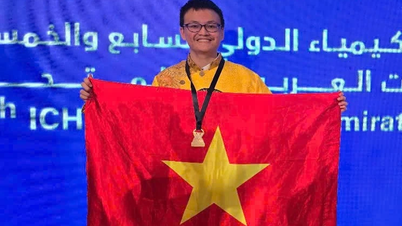

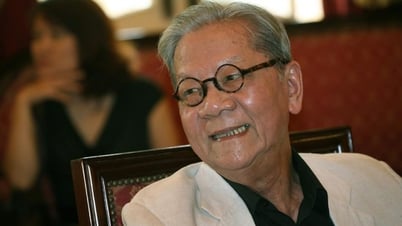










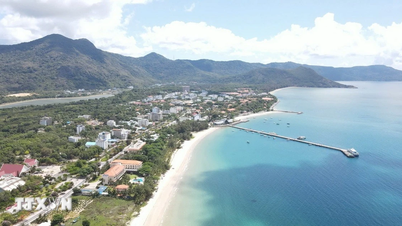


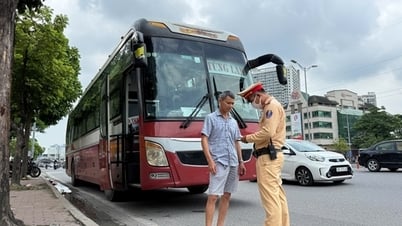



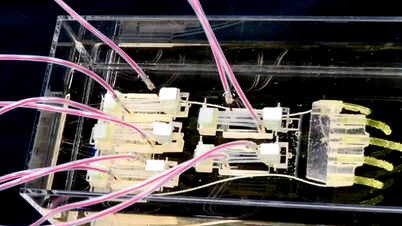
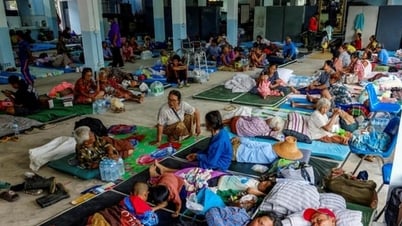




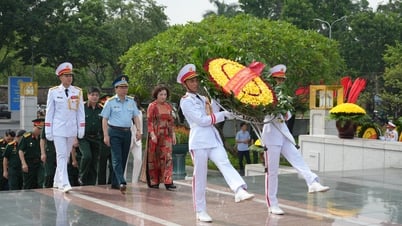

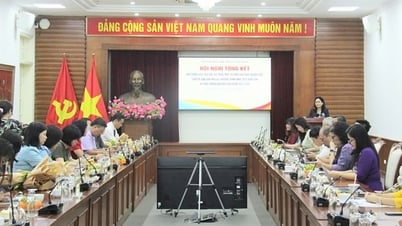

























Comment (0)